In a world full of uncertainties, it’s important to prepare for emergency situations. Whether it’s a natural disaster, a pandemic, or any other crisis, being ready for the unexpected can make a difference in keeping yourself and your loved ones safe and calm. But, the idea of preparedness can sometimes feel overwhelming and expensive.
Many people think that preparing ahead of time means shelling out lots of money on emergency supplies and gear We will bust that myth and give you some wallet-friendly ways to get ready for any crisis that might come your way. Get ready to learn practical and budget-friendly strategies to tackle unexpected challenges without breaking the bank.
Start At Home
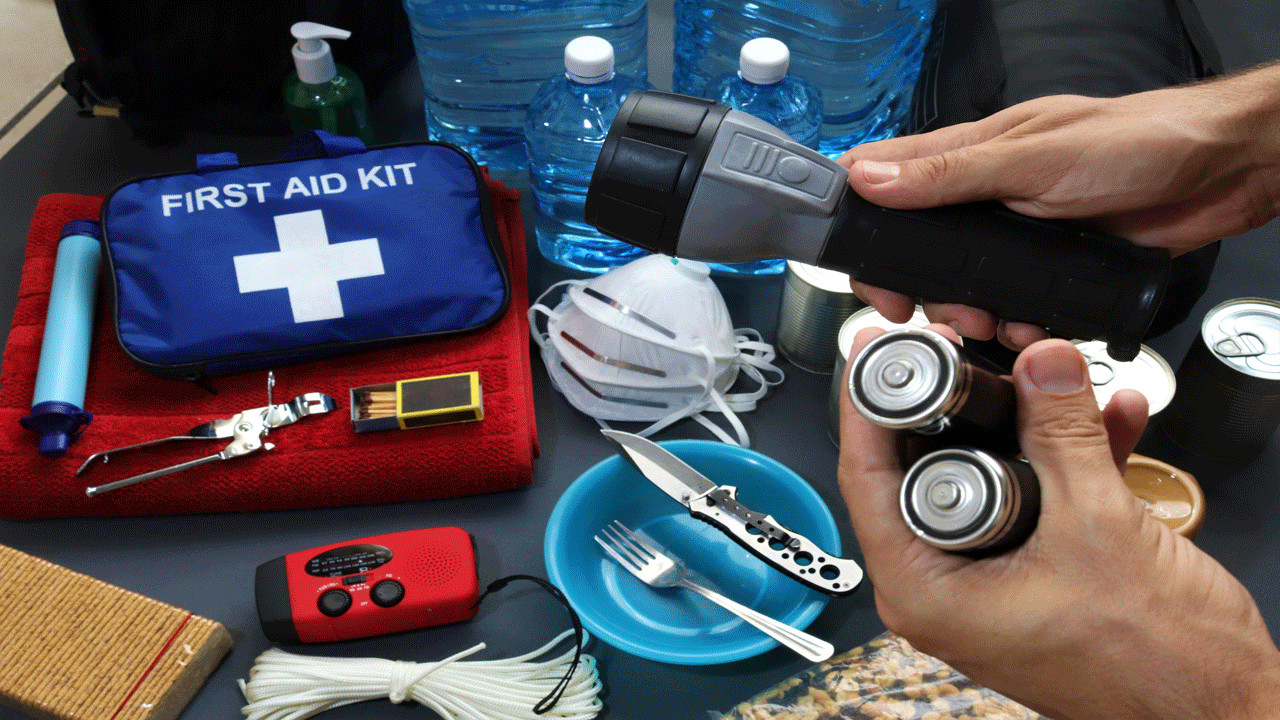
Flashlights, batteries, first aid kits, and non-perishable food items are often already in our homes but forgotten about. Gather these items together, start a designated emergency supply box or bag, and save money while having peace of mind, knowing that you have the basics covered if something were to happen.
Shop Garage Sales
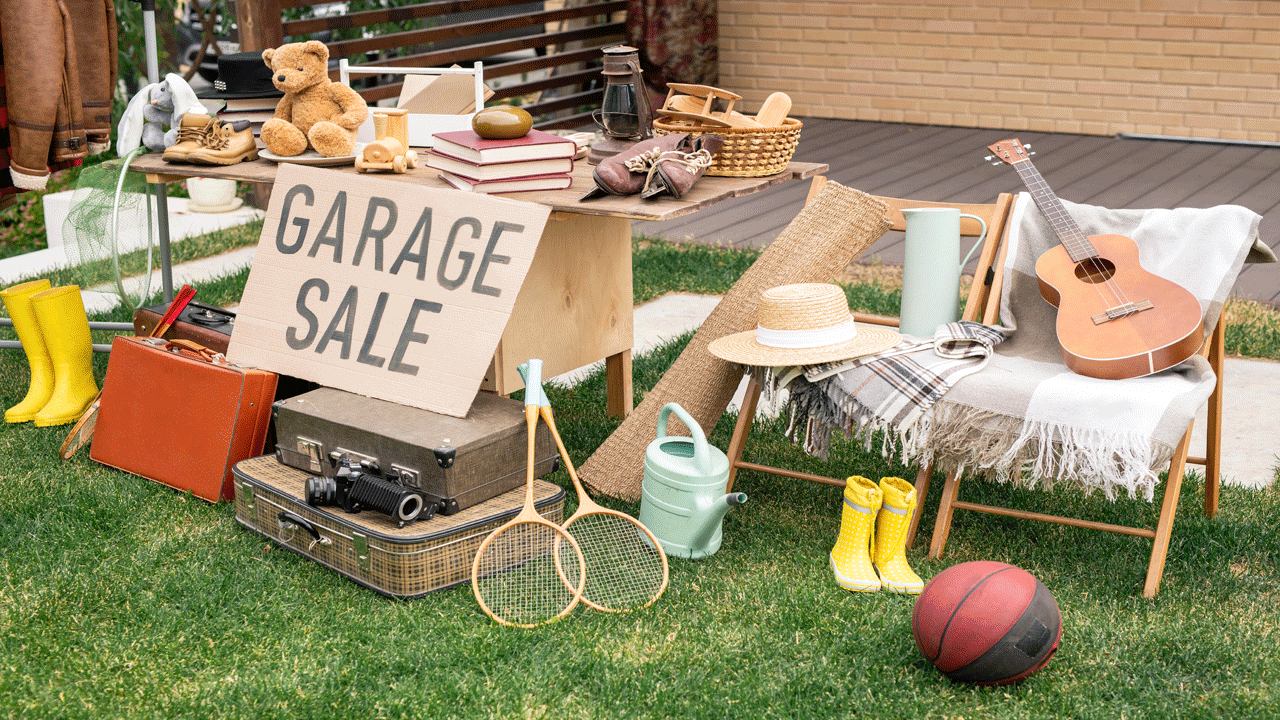
Local garage sales are a great place to find items such as camping gear, outdoor equipment, and tools at a fraction of the retail price. You can also find items like water filters, portable stoves, cast iron cookware, and other items that could be useful in an emergency. And why not host your own garage sale to declutter and make some extra cash to spend on emergency supplies?
Shop Weekly Sales

Make the most of weekly sales to stock up on items like canned goods, saving money and adding to your emergency stash. Remember to check expiration dates and rotate items as needed so nothing goes to waste.
Buy in Bulk
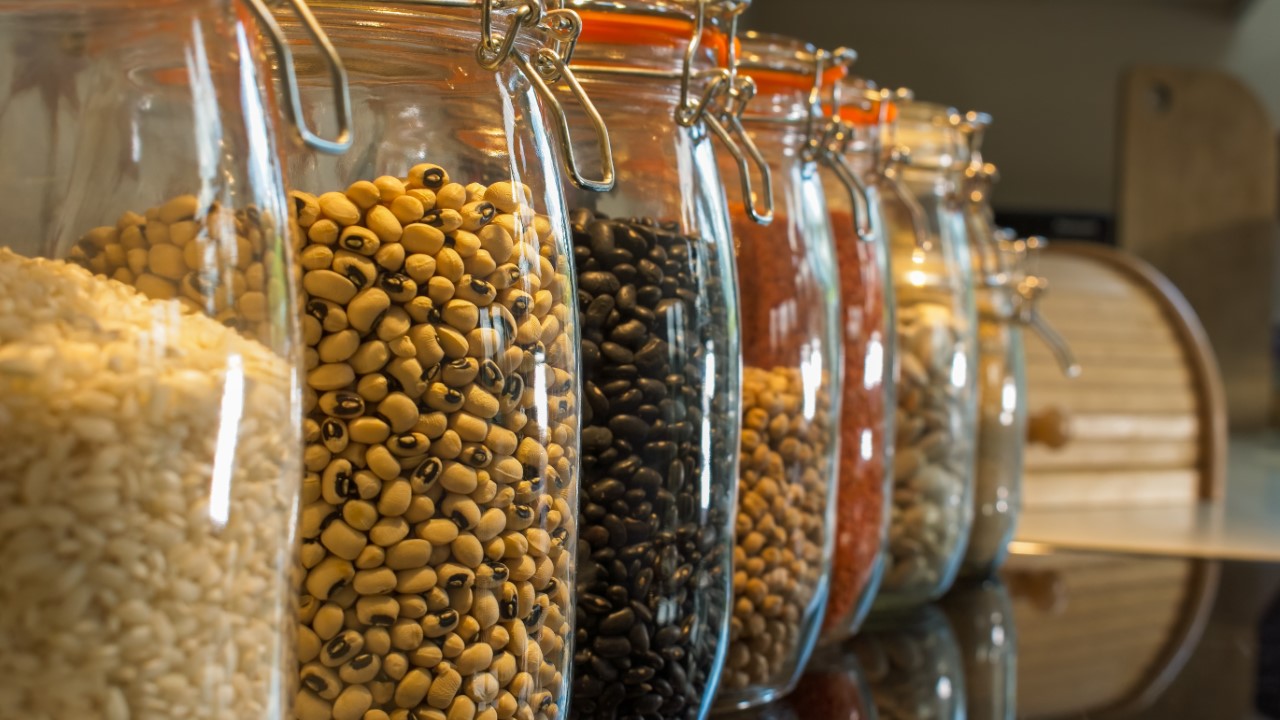
Purchasing emergency supplies in bulk is an excellent strategy for saving money, mainly because you’ll likely need multiples of each item. Buying larger quantities can lead to significant long-term savings from essentials like toilet paper and batteries to non-perishable food items.
Utilize Coupons

Do not underestimate the potential of coupons in emergency preparedness. Regarding couponing for emergency supplies, you can tap into your creativity and be less selective about brands than usual.
Watch for Free Items

Check out online marketplaces and local community groups where you can score free stuff like flashlights, candles, clothes, blankets, cookware, and camping gear. Also, watch for community events or organizations that give away free emergency preparedness resources like first aid kits, water purification tablets, and even classes on preparing for emergencies.
Shop Out of Season

Retailers may discount emergency supplies during certain times of the year when demand is low. For instance, camping gear often goes on sale in the fall and winter when travel and camping activities decrease, making it a great time to stock up on essential items for your emergency kit. Similarly, winter clothing and snow gear may have price reductions in the summer, so buy these items at a reduced price and store them for emergencies. Learn when stores begin to stock up on new items, as this is when you will find the most discounts.
Shop Dollar Stores

Don’t forget to check out dollar stores for flashlights, batteries, and non-perishable food. While the quality may not be top-notch, they can be a lifesaver in emergencies and will be at much lower prices than other retailers.
Find Unconventional Alternatives

If you’re looking for a specific item for your emergency supplies, remember that alternatives can work just as well. Get creative! Instead of splurging on pricey emergency candles, think about grabbing some tea lights, birthday candles, bread ties, or hair ties that can do wonders as substitutes for zip ties.
Learn Survival Skills

Knowing how to preserve and grow your food is crucial in a long-term emergency, but it will save you money on store-bought food. Taking some time now to learn some essential survival skills like creating tools and dishes, preserving food by canning or dehydrating, and even basic first aid techniques will save you money in the long run and give you valuable knowledge for any future emergencies.
Go Fishing
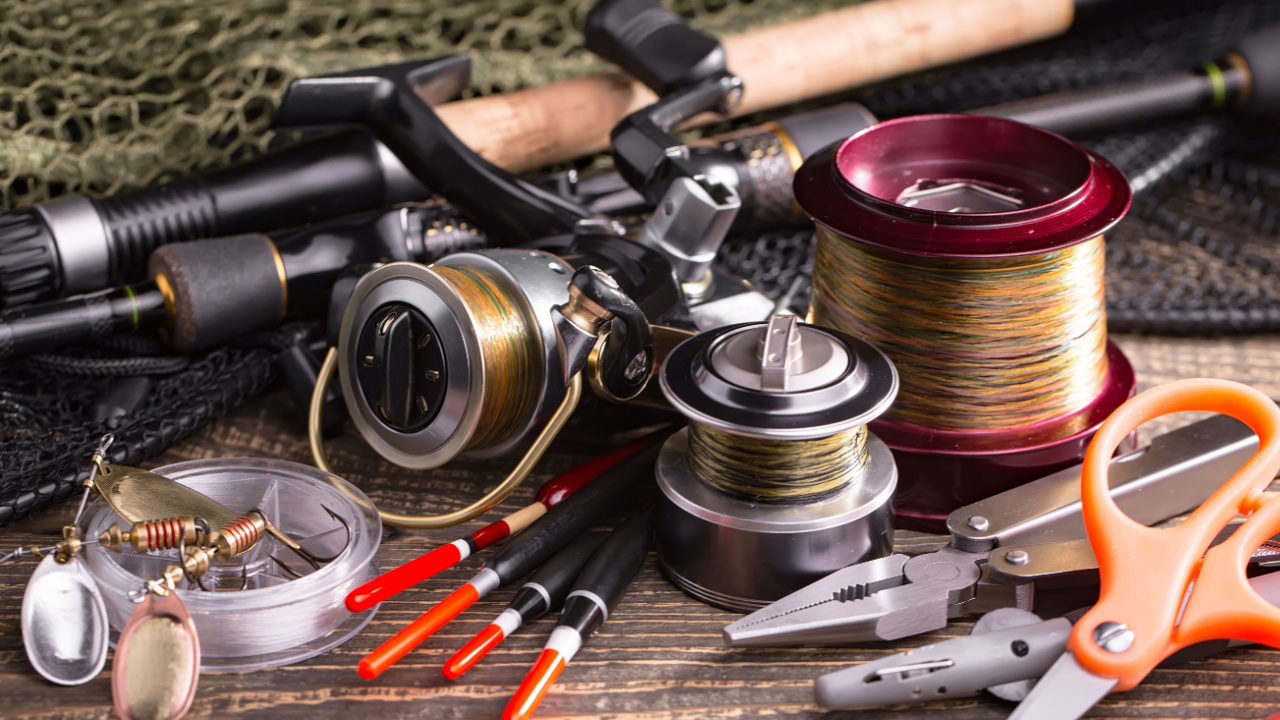
Access to hunting rifles, bows, arrows, or fishing gear, along with a license or permit, can save you money on protein. If hunting or fishing isn’t your thing, consider connecting with someone who enjoys these activities and explore the possibility of trading skills or items for protein sources, reducing reliance on store-bought options and diversifying your sources of sustenance.
Buy Off Brands

Buying store-brand or off-brand items for your emergency supplies can save you significant money over time and still provide the same quality and effectiveness as name-brand items. When in a crisis, you most likely won’t care what brand of shampoo or peanut butter you have in your stockpile.
Buy Reusable Items

In the event of a long-term emergency, disposable products will quickly become scarce and expensive. Consider reusable alternatives such as rechargeable batteries, dish towels, cloth napkins, reusable dishes and utensils, and cloth diapers to save money.
DIY Your Firestarter

Fire is crucial in a survival situation for warmth, cooking, and purifying water, so instead of using expensive store-bought fire starters, try making your own by combining dryer lint with wax from old candles. You can also collect wood chips from fallen branches and old newspapers to use as kindling or save the ends of used candles in a jar to melt them down for new candles.
DIY Your Water

Water is essential for survival, but buying bottled water quickly adds up. Instead, try using water filters or purification tablets or freezing tap water in containers to ensure you have clean and safe water without spending too much. Other options include collecting rain in barrels, catching morning dew, or using water from streams and ponds.
Freeze Leftovers

If you have leftovers, freeze them for later to save money and provide a quick and easy meal when needed. Freezing food can extend its shelf life, making it useful for longer periods in an emergency You can also consider investing in a vacuum sealer to preserve your frozen foods further.
Invest in a Stove
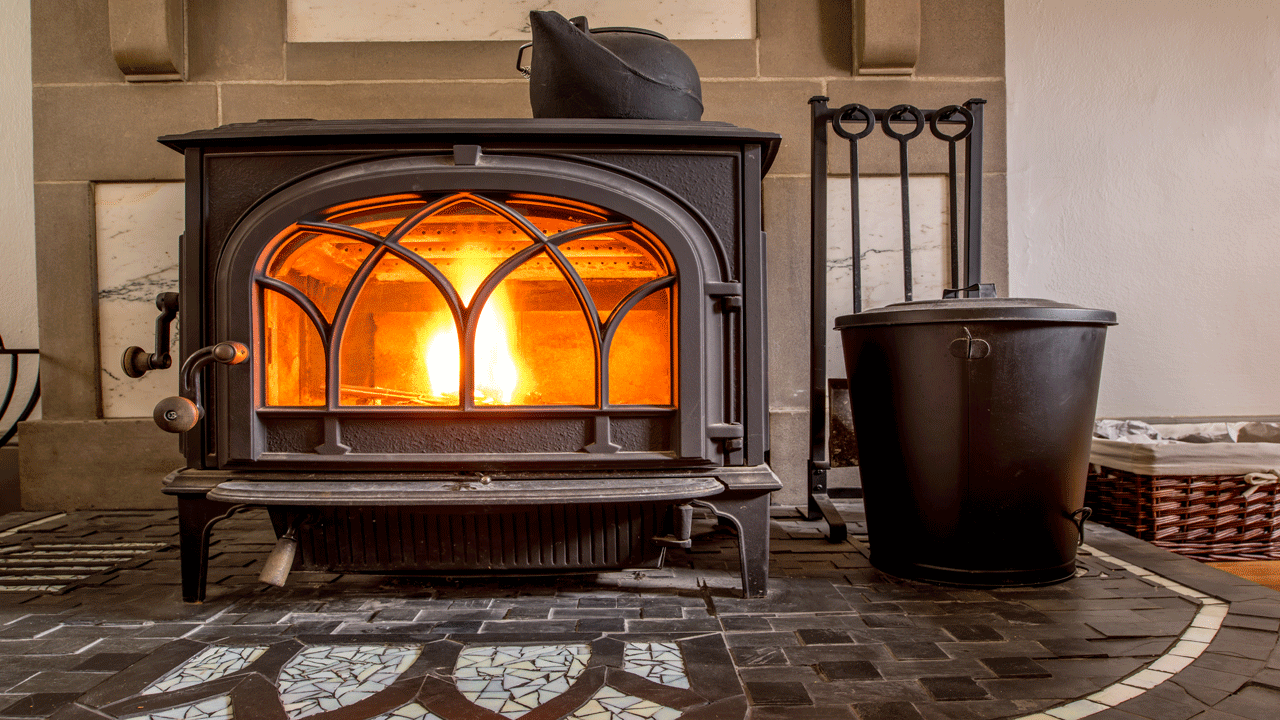
Though it may require an upfront investment, opting for a small wood stove or rocket stove that burns twigs and natural materials for cooking and heating instead of pricey propane or charcoal will save you money in the long haul. You can often find used stoves at thrift stores or online marketplaces to save even more money.
Buy Multi-Purpose
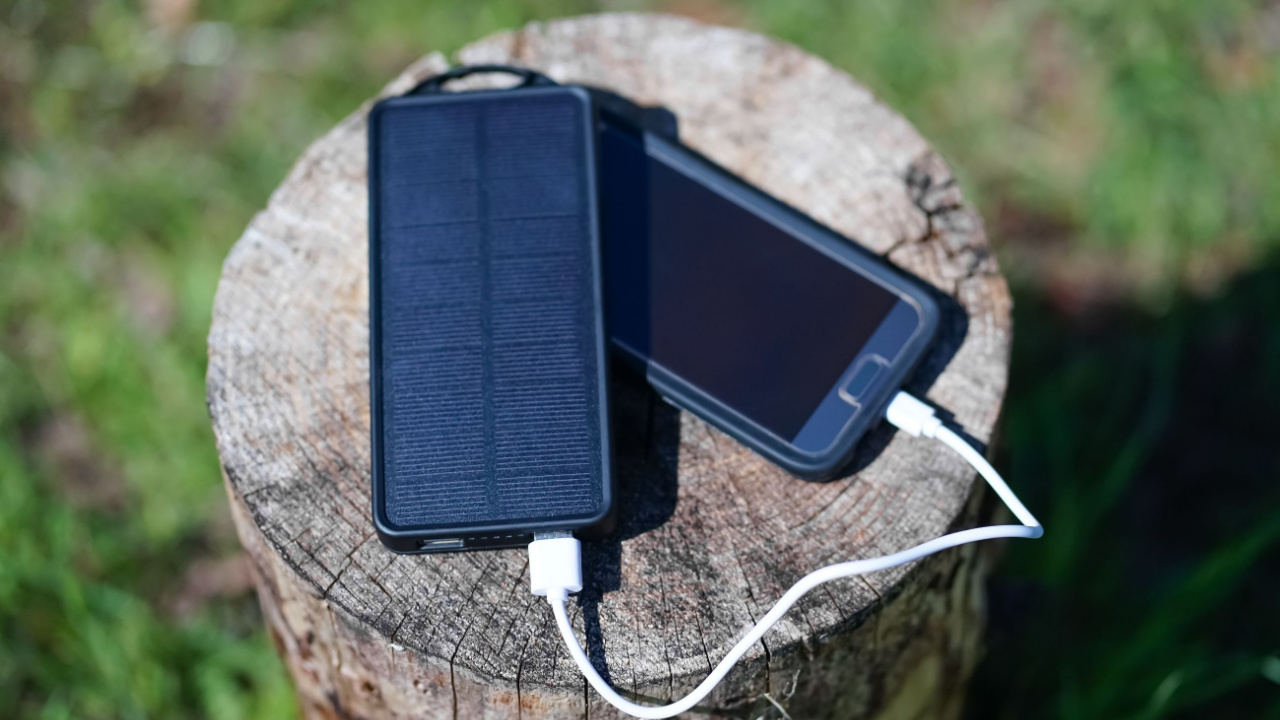
It can be tempting to buy precisely the tool or item you need for each task you will be doing, but buying multi-purpose items that can serve multiple functions in case of an emergency will save you money. For example, a solar-powered charger can charge your devices during a power outage and provide light through its built-in flashlight feature. A multi-tool can act as both a knife, scissors, and screwdriver. An old t-shirt can be cut up and used as a cleaning rag, saving you from purchasing paper towels or cleaning cloths.
Buy One, Store One

When you go shopping, consider purchasing one item for immediate use and another to add to your stockpile of supplies. This strategy works wonders, especially when you come across enticing buy-one-get-one-free sales or have a coupon for two items, even if you only need one.
Barter With Other Preppers

Bartering is a great way to save money and build relationships within your prepping community. If you have excess supplies or skills, consider trading with other preppers for items or services you may need. For example, if you have extra canned goods but need medical supplies, try reaching out to a fellow prepper who may have an abundance of bandages or medication.
Make a List

Creating a list of items for your emergency supplies is crucial if you want to save money. It prevents unnecessary purchases and ensures you don’t end up with an excessive amount of any particular item and not enough of another item. Be sure to update your list as you use items, purchase new ones, or throw out expired items.
Add To Groceries

Trying to build up your emergency supplies all at once can be overwhelming and expensive. Instead, add one or two extra items to your weekly grocery list. Picking up items like a lighter at the checkout or a bag of cotton balls will let you spread the cost without even realizing it. Using this trick, you can also keep items on your list until they go on sale to ensure you save money.
Make Homemade Cleaning Products
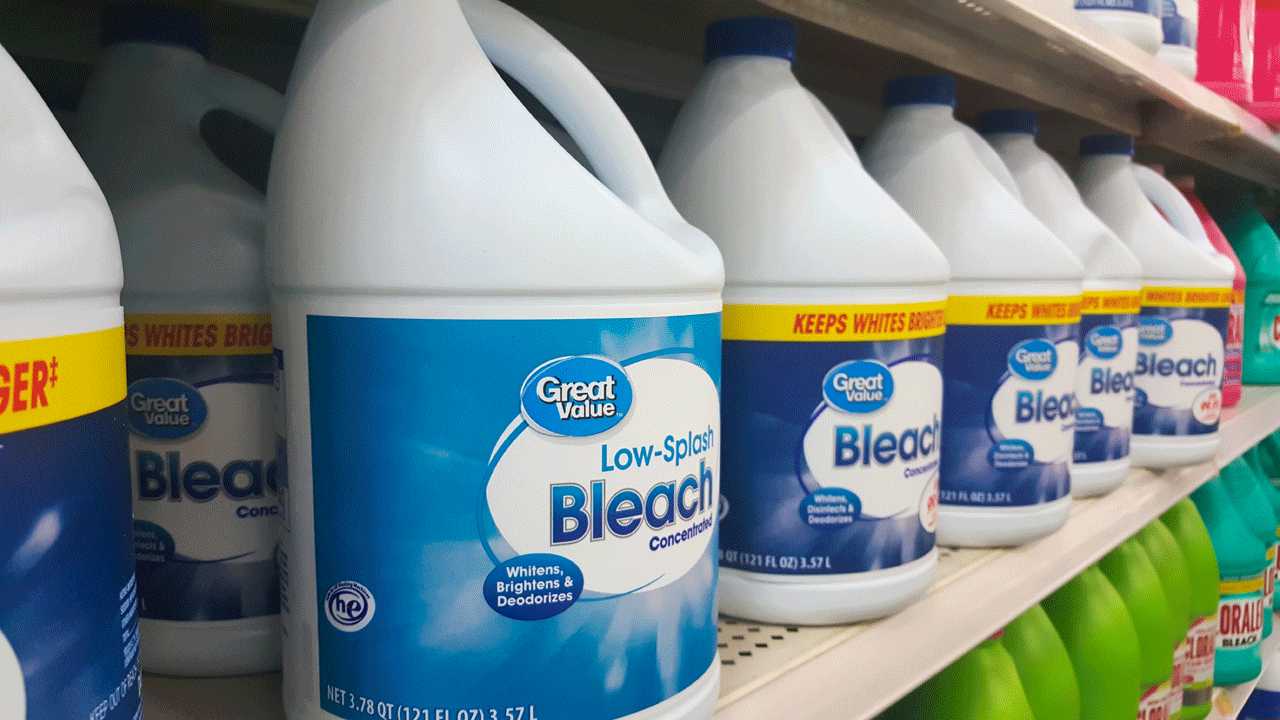
Making your cleaning supplies is not only cost-effective, but you also won’t have to worry about running out of cleaning supplies in an emergency. Look up DIY recipes for all-purpose cleaners and disinfectants online using simple ingredients like vinegar, baking soda, bleach, and essential oils, then store them properly.
Cut Back

Consider cutting back on unnecessary expenses like takeout or expensive coffee and put that money towards your emergency supplies. Think about the impact of your daily $5 coffee habit that adds up to $35 weekly. Imagine how much you could save by cutting back on dinner and a movie. You can save money and put that towards your emergency supply budget by cutting back on your spending.
20 Crucial Supplies for Surviving a Societal Collapse

In the face of uncertainty, being well-prepared gives you at least some degree of control and security. The thought of a societal collapse, while extreme, prompts us to consider how we might endure without the conveniences of our current lifestyle. Here’s a list of 20 essential items that could prove indispensable in such a scenario. This guide isn’t about succumbing to fear but embracing preparedness and resilience.
14 Essential Canned Goods for Your Emergency Pantry
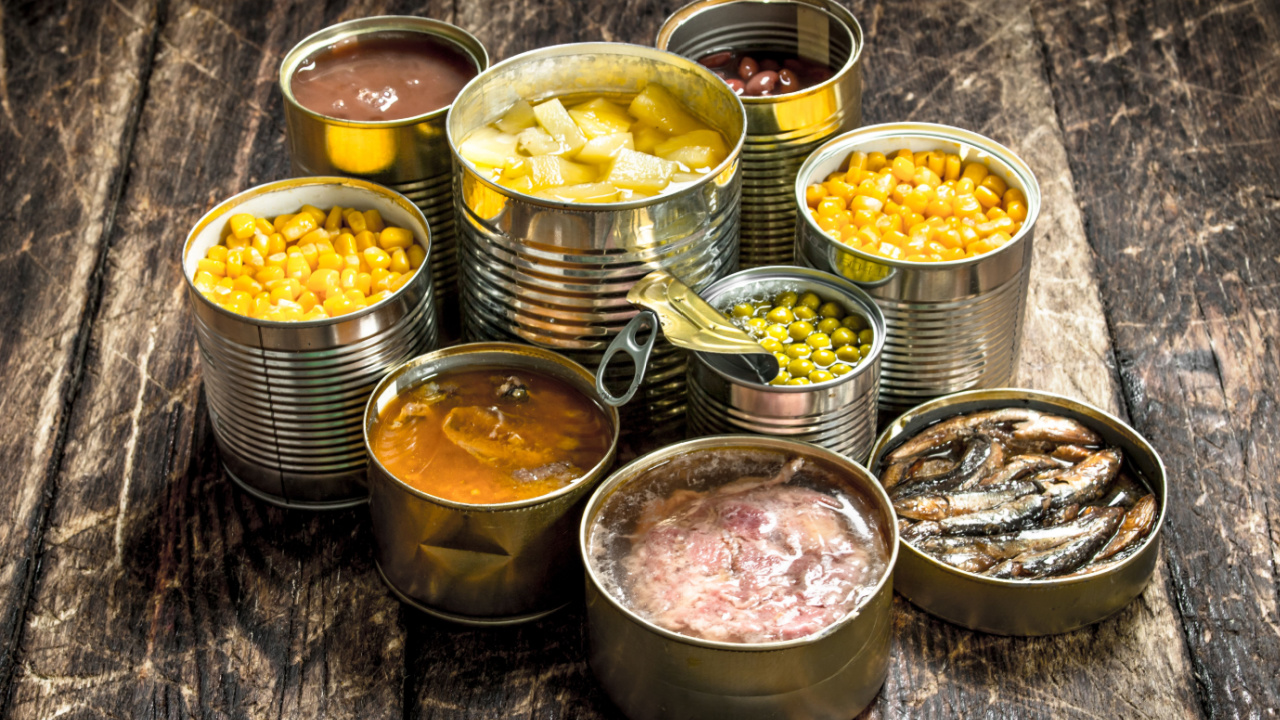
I firmly believe in keeping a well-stocked emergency pantry. While fresh food is ideal, in a survival situation, we may not be that lucky. So, for my family, even though we grow a lot of our own food, canned goods play a crucial role in emergency preparedness. They offer a reliable source of nutrition when access to fresh produce may be limited. The goods you stockpile should be affordable, easy to store, and full of nutrition.
Best Regions in the U.S. to Escape to When Society Collapses

Choosing a refuge in the event of societal collapse involves weighing the pros and cons of each location against your personal preparedness goals and abilities. Whether you’re drawn to the solitude of the desert or the protective heights of the mountains, the key is finding a place that offers safety and the opportunity for growth and renewal.
